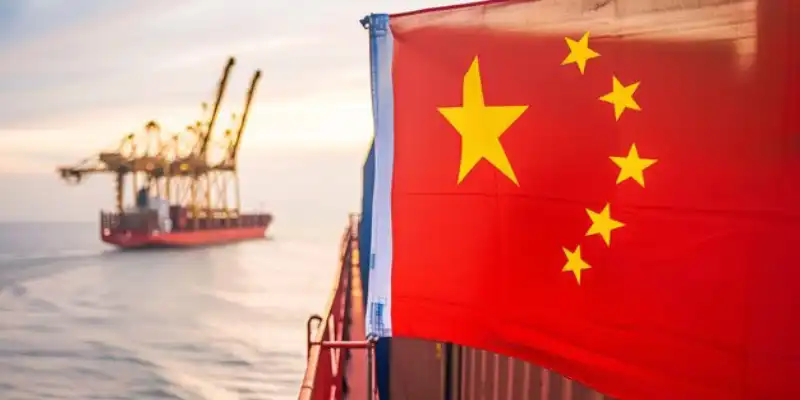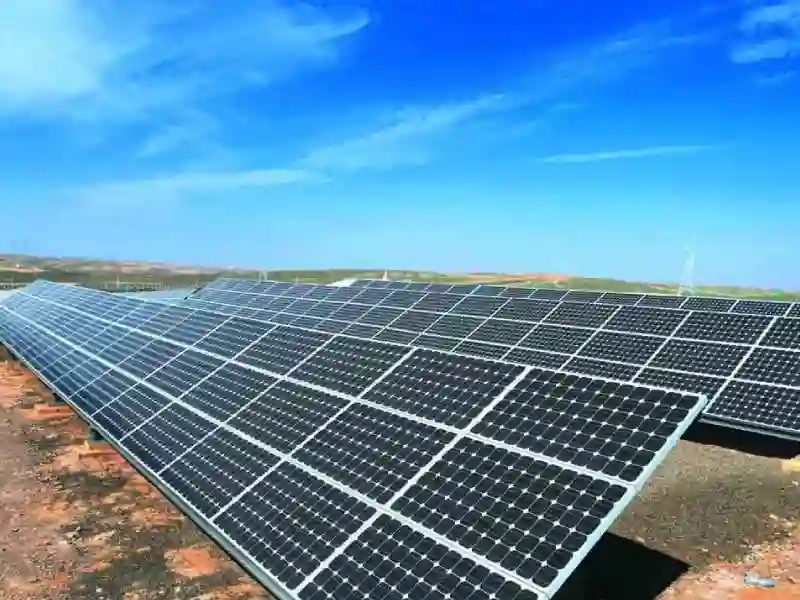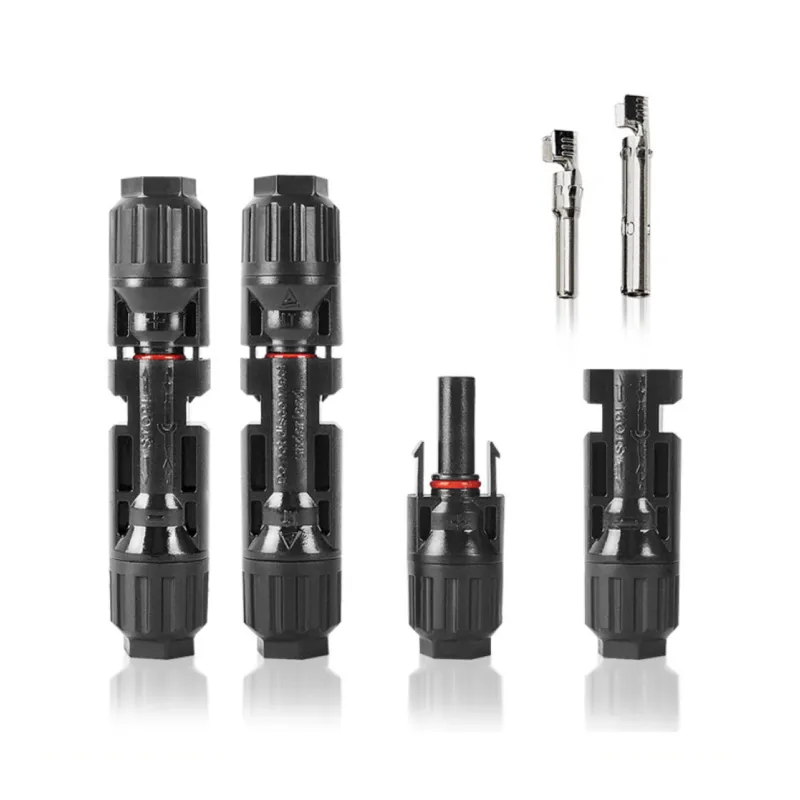Understanding MC4 Solar Connectors and Bulk Purchasing Challenges
MC4 solar connectors are essential components in photovoltaic systems, serving as the critical link between solar panels and electrical systems. When sourcing these connectors in bulk for large-scale solar installations or distribution businesses, logistics costs can significantly impact your overall profitability. The shipping terms you choose—particularly FOB, CIF, or DDP—play a crucial role in determining your total landed costs.
Bulk purchases of MC4 connectors typically come from manufacturing hubs in China, Germany, or Taiwan, creating complex international logistics scenarios. Understanding each shipping term’s implications is essential for making cost-effective procurement decisions.
Comprehensive Breakdown of International Shipping Terms
FOB (Free On Board): Definition, Advantages, and Cost Implications
FOB (Free On Board) terms place responsibility for the goods on the buyer once the shipment leaves the supplier’s shipping dock. Under FOB terms, you as the buyer take control of the logistics process earlier in the supply chain.
Key FOB considerations for MC4 connector purchases:
- You’ll pay for ocean/air freight, insurance, and customs clearance separately
- You maintain complete control over shipping carrier selection and routing
- Your liability begins once goods are loaded onto the vessel at the origin port
- Typically offers lower upfront pricing compared to CIF or DDP options
- Requires more logistics expertise and management on your part
FOB arrangements work particularly well for businesses with established relationships with freight forwarders or those with significant import volume that justifies dedicated logistics personnel.
CIF (Cost, Insurance, and Freight): When It Makes Financial Sense
With CIF (Cost, Insurance, and Freight) terms, the supplier assumes responsibility for arranging transport and insurance to your destination port, but you handle customs clearance and final delivery.
CIF advantages for solar component importers:
- Streamlined supplier coordination for transportation to your destination port
- Insurance coverage handled by the supplier during the main transport leg
- Reduced logistics management complexity compared to FOB
- Potentially better shipping rates if suppliers have volume-based carrier discounts
- Clearer upfront cost structure for budgeting purposes
CIF terms represent a middle ground that works well for medium-sized solar equipment distributors who want some logistics simplification without paying the premium for complete door-to-door service.
DDP (Delivered Duty Paid): Complete Cost Analysis
DDP (Delivered Duty Paid) represents the most comprehensive shipping arrangement, with the supplier handling all transportation, customs, duties, and delivery to your specified location.
DDP implications for MC4 connector bulk orders:
- All-inclusive pricing that bundles shipping, insurance, customs, and duties
- Minimal logistics management required from your team
- Supplier assumes responsibility until final delivery to your facility
- Highest upfront cost structure of the three shipping terms
- Potential lack of transparency in individual cost components
DDP arrangements benefit businesses lacking import expertise or those prioritizing operational simplicity over achieving the absolute lowest landed cost.
Cost Comparison: FOB vs. CIF vs. DDP for Solar Connector Imports
Hidden Costs in Each Shipping Term
Each shipping term comes with potential hidden costs that might not be immediately obvious when evaluating supplier quotes:
FOB hidden costs:
- Freight forwarding fees
- Origin handling charges
- Documentation fees
- Customs brokerage expenses
- Potential demurrage/detention if clearance delays occur
CIF hidden costs:
- Limited control over carrier selection
- Potential supplier markup on freight and insurance
- Destination port handling fees
- Customs clearance expenses
- Inland transportation costs from port to warehouse
DDP hidden costs:
- Significant supplier markup on logistics services
- Limited visibility into actual duties and taxes paid
- Potential for higher than necessary customs valuation
- Restricted ability to apply for duty drawbacks or exemptions
- Less flexibility in routing or delivery timing
Volume-Based Cost Variations
The optimal shipping term often depends on your order volume:
- For small to medium orders (under 500kg), DDP often provides better value as suppliers can consolidate your shipment with others, achieving economies of scale you couldn’t access independently.
- For medium volume (500kg-2000kg), CIF frequently offers the best balance of cost efficiency and management simplicity, particularly for businesses with some import experience.
- For large volume orders (over 2000kg or full containers), FOB typically delivers the lowest total landed cost, as your leverage with freight forwarders improves significantly with higher volumes.
Strategic Logistics Planning for Solar Equipment Importers
Selecting the Optimal Shipping Term Based on Order Volume
Choosing the right shipping term requires considering multiple factors:
- Order frequency: Regular importers benefit more from developing FOB expertise
- Order urgency: DDP often provides more reliable delivery timeframes
- Cash flow considerations: FOB requires separate payments to multiple parties
- Staffing resources: CIF or DDP require less internal logistics management
- Risk tolerance: Each term allocates risk differently between buyer and seller
Developing a decision matrix based on these factors helps systematize your shipping term selection process, improving consistency and cost control.
Negotiation Tactics with MC4 Connector Suppliers
Effective negotiation strategies for each shipping term:
FOB negotiation focus:
- Request transparent Ex-Works (EXW) pricing first
- Negotiate origin handling and documentation fees
- Request consolidated shipping documentation
- Establish clear quality inspection protocols before loading
CIF negotiation focus:
- Request carrier options and transit time estimates
- Negotiate insurance coverage levels
- Establish clear destination handling expectations
- Request detailed freight cost breakdowns
DDP negotiation focus:
- Request transparent breakdown of duties and taxes
- Negotiate delivery timeframe guarantees
- Clarify customs valuation methodology
- Establish clear procedures for damaged/missing goods
Optimizing Customs Clearance and Reducing Delays
Regardless of shipping terms, customs clearance efficiency significantly impacts your total logistics costs. For MC4 connector imports:
- Ensure proper HS code classification (typically 8536.90 for connectors)
- Maintain comprehensive technical documentation
- Consider obtaining binding rulings for recurring imports
- Evaluate the benefits of customs bonds for regular importers
- Leverage Free Trade Agreements when applicable
Delays in customs clearance can lead to storage fees, production delays, and customer dissatisfaction. Developing a comprehensive customs compliance program pays dividends through faster clearance and reduced examination rates.
Warehouse Integration and Inventory Management for Solar Components
Efficient receiving and inventory management processes are essential for optimizing your total logistics costs:
- Implement barcode scanning for MC4 connector inventory tracking
- Establish quality control protocols for incoming shipments
- Configure warehouse layouts to minimize handling of solar components
- Analyze order patterns to optimize reorder points and quantities
- Consider vendor-managed inventory arrangements for high-volume items
Integrating your warehouse management system with your logistics planning reduces handling costs and improves inventory accuracy.
Practical Implementation: Step-by-Step Logistics Cost Reduction Plan
- Audit current logistics spending: Break down your current costs by category to identify the highest potential savings areas
- Benchmark against industry standards: Compare your logistics costs to industry averages (typically 5-15% of product cost for solar components)
- Consolidate shipments: Combine orders to reach volume thresholds for better rates
- Standardize shipping terms: Apply consistent terms across similar suppliers to simplify management
- Develop logistics partnerships: Build relationships with freight forwarders specializing in solar industry imports
- Implement performance metrics: Track key indicators like landed cost per unit, customs clearance time, and inventory accuracy
- Regularly review and adjust: Treat logistics optimization as an ongoing process, not a one-time project
By systematically addressing each aspect of your MC4 connector supply chain, you can achieve significant logistics cost reductions while maintaining reliable product availability.
Conclusion
Optimizing logistics costs for bulk MC4 solar connector purchases requires a strategic approach to shipping terms, customs clearance, and inventory management. By understanding the true cost implications of FOB, CIF, and DDP arrangements, you can make informed decisions that balance direct costs, management complexity, and supply chain reliability.
The optimal approach often involves using different shipping terms for different suppliers and order profiles rather than applying a one-size-fits-all strategy. With careful planning and ongoing optimization, logistics can transform from a necessary expense into a source of competitive advantage in the solar components industry.





